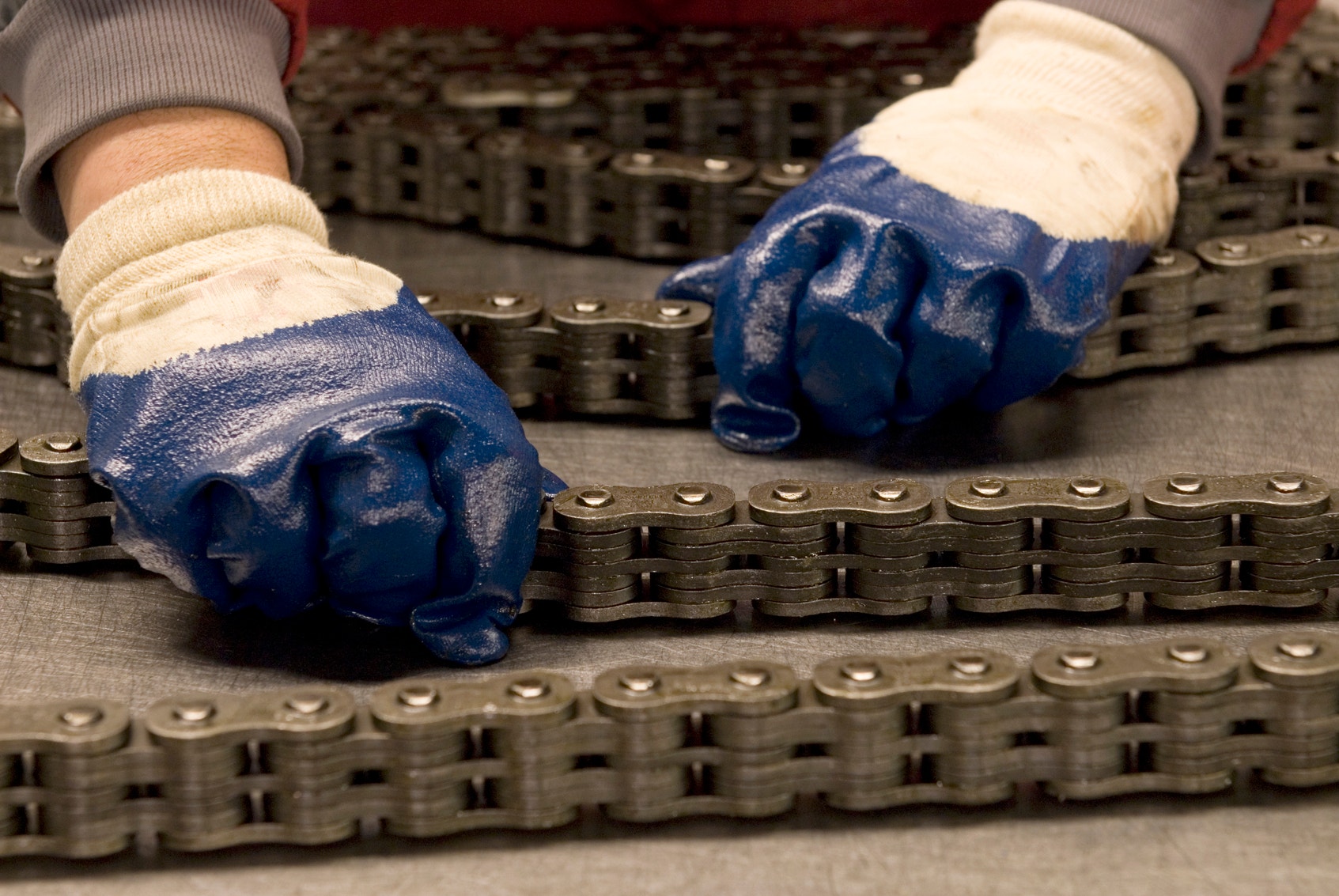Work Gloves for Different Purposes
admin admin | Jan 17, 2019

Safety work gloves come in a wide range of types and can be made with different materials, with each type serving different purposes. But with a great number to choose from, knowing which type is best for which application can become daunting. To help you, below are the most common work gloves used by industries today, grouped together by material type.
1. Plastic gloves
Disposable gloves made of plastic are the most economical out of all the choices available today. Because they are made of plastic, they are inexpensive compared to others, they are lightweight, and they provide a perfect fit due to them being stretchable. They have a few downsides though, including low insulation and breathability.
Many work gloves made of poly materials exist, and polyethylene, nylon, and vinyl are a few of them:
- Polyethylene is widely used among workplaces involved in the preparation of food.
- Vinyl gloves are typically used for dishwashing and janitorial purposes, and are great when it comes to handling substances such as oil, grease, and chemicals.
- Nylon gloves are ideal for painting, electronics, and pharmaceutical uses.
2. Rubber gloves
Many gloves that are made of rubber have the same characteristics as their plastic counterparts, which is why they are used in the same applications. But rubber gloves offer more benefits than plastic gloves.
Although these disposable gloves are slightly more expensive, they are naturally elastomeric, which means they are more stretchable and have a higher resistance to breakage than plastic.
Latex, neoprene, and nitrile are three common disposable rubber glove types used in the industrial level:
- Latex gloves are used for a wide range of applications, from food preparation to housekeeping.
- Neoprene gloves can maintain their integrity even in high temperatures, are resistant to cuts and abrasion, and can handle chemicals, making them ideal for heavy-duty use in manufacturing and research facilities.
- Nitrile gloves are resistant to most hydrocarbons, oils, greases, and petroleum substances and can dissipate electrostatic charge. They are typically used for laboratories and medical procedures.
3. Cotton gloves
Cotton gloves provide moderate insulation against high and low temperatures, as well as protection against abrasion and cuts. Since they are made mostly of cotton, they are lightweight, breathable and can absorb moisture, although their woven structure means they can’t protect against liquids and gases.
Cotton gloves are used in applications that don’t involve liquid substances when protection is needed. Knitted cotton and cotton interlock gloves are commonly used in gardening, woodworking, and when handling tools like shovels and hammers. They can improve a user’s grip, especially those that come with poly dots, which is why they are also widely used in construction sites.
4. Leather gloves
Leather work gloves are more durable and flexible than other glove types. These safety work gloves provide a high level of insulation and protection against cuts, they improve the grip of the wearer, and they conform to the user’s hands with prolonged use, which make them more comfortable to wear over time.
They can’t be used in wet applications though, as liquids tend to degrade the quality of the leather.
Leather work gloves come in multiple variants:
- Riggers gloves are ideal for use in transport, mining, construction and engineering industries.
- Mechanic gloves, such as those made with deerskin or synthetic leather, provide ample padding and protection, making them perfect for machine operations.
- There are also leather work gloves that are made specifically for welding, providing protection against shock and burns.
For all your safety work glove needs, choose Hunter Industrial Supplies. Our selection of high-quality, heavy-duty gloves can serve a number of industrial uses, including construction, manufacturing, and warehousing. Visit the Hunter Industrial Supplies website to know more about our products or go to our Contact Us page for inquiries.







